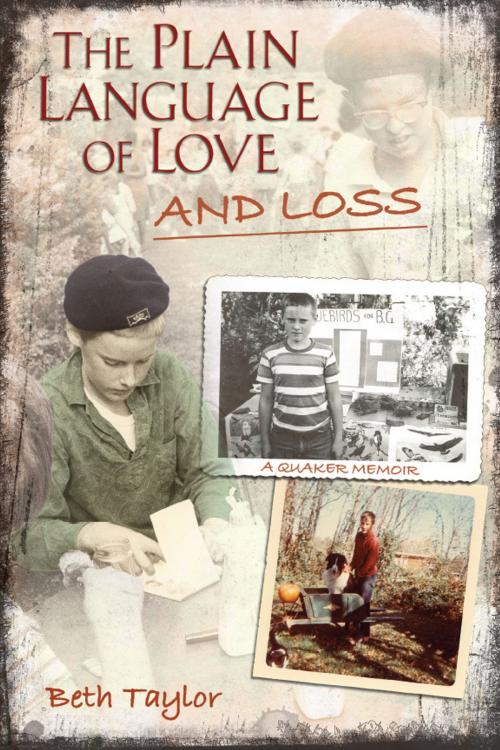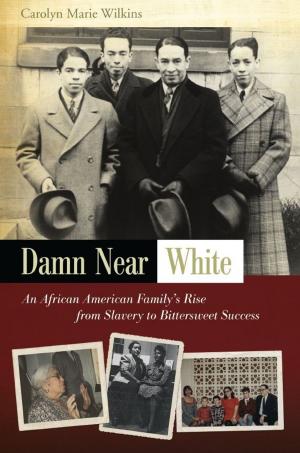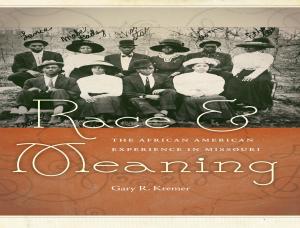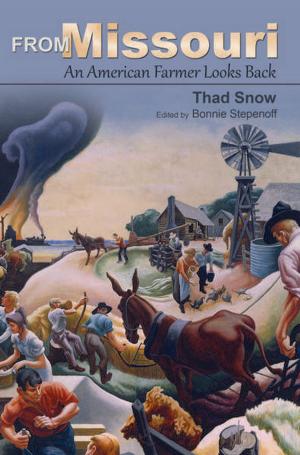| Author: | Beth Taylor | ISBN: | 9780826271822 |
| Publisher: | University of Missouri Press | Publication: | August 8, 2013 |
| Imprint: | University of Missouri | Language: | English |
| Author: | Beth Taylor |
| ISBN: | 9780826271822 |
| Publisher: | University of Missouri Press |
| Publication: | August 8, 2013 |
| Imprint: | University of Missouri |
| Language: | English |
On November 16, 1965, Beth Taylor’s idyllic childhood was shattered at age twelve by the suicide of her older brother Geoff. Raised in an “intentional community” north of Philadelphia—a mix of farm village, hippie commune, and suburb—she and her siblings were instilled with nonconformist values and respect for the Quaker tradition. With the loss of her beloved brother, Taylor began her complicated journey to understand family, loss, and faith.
Written after years of contemplation, The Plain Language of Love and Loss reflects on the meaning of death and loss for three generations of Taylor’s family and their friends. Her compelling portrait of Geoff reveals a boy whose understanding of who he was came under increasing attack. He was harassed by schoolmates for being a “commie pinko coward” and he tried to appease fellow Boy Scouts after he abstained from a support-the-troops rally. Touching on the timely issues of bullying, child rearing, and nonconformity, Taylor offers a rare look at growing up Quaker in the tumultuous 1960s.
Taylor tells how each stage of her life exposed clues to the subtle damage wrought by tragedy, even while it revealed varieties of solace found in friendships, marriage, and parenting. As she struggles to understand the complexities of religious heritage, patriotism, and pacifism, she weaves the story of her own family together with the larger history of Quakers in the Northeast, showing the importance of family values and the impact of religious education.
Beth Taylor says that she learned many things from her childhood, in particular that history is alive—and shapes how we judge ourselves and choose to live our lives. She comes to see that grief can be a mask, a lover, and a teacher.
On November 16, 1965, Beth Taylor’s idyllic childhood was shattered at age twelve by the suicide of her older brother Geoff. Raised in an “intentional community” north of Philadelphia—a mix of farm village, hippie commune, and suburb—she and her siblings were instilled with nonconformist values and respect for the Quaker tradition. With the loss of her beloved brother, Taylor began her complicated journey to understand family, loss, and faith.
Written after years of contemplation, The Plain Language of Love and Loss reflects on the meaning of death and loss for three generations of Taylor’s family and their friends. Her compelling portrait of Geoff reveals a boy whose understanding of who he was came under increasing attack. He was harassed by schoolmates for being a “commie pinko coward” and he tried to appease fellow Boy Scouts after he abstained from a support-the-troops rally. Touching on the timely issues of bullying, child rearing, and nonconformity, Taylor offers a rare look at growing up Quaker in the tumultuous 1960s.
Taylor tells how each stage of her life exposed clues to the subtle damage wrought by tragedy, even while it revealed varieties of solace found in friendships, marriage, and parenting. As she struggles to understand the complexities of religious heritage, patriotism, and pacifism, she weaves the story of her own family together with the larger history of Quakers in the Northeast, showing the importance of family values and the impact of religious education.
Beth Taylor says that she learned many things from her childhood, in particular that history is alive—and shapes how we judge ourselves and choose to live our lives. She comes to see that grief can be a mask, a lover, and a teacher.















